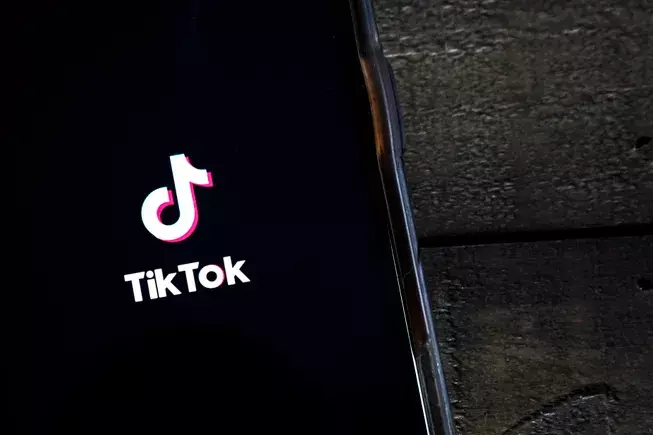The ongoing saga of TikTok’s presence in the United States is more than a mere corporate dispute; it symbolizes a broader geopolitical power struggle that shapes the digital landscape of the future. Despite persistent attempts by the U.S. government to control or even eliminate TikTok, the app continues to operate, defying official bans and legal restrictions. This paradoxical situation highlights the complex interplay between economic interests, national security concerns, and technological innovation. TikTok’s destiny in America is still uncertain, but what is clear is that this controversy extends far beyond a simple app—and into the heart of global influence.
Government Actions vs. Corporate Realities
The U.S. government, under the Trump administration, has attempted to wield its authority by imposing strict measures on TikTok, citing risks to national security and data privacy. The legal framework, notably the “Protecting Americans from Foreign Adversary Controlled Applications Act,” has set a clear deadline: TikTok must sell its US operations to a domestic partner by September 17th or face outright ban. Despite this, the app continues functioning, torn between regulatory threats and business realities. President Trump has expressed optimism about a deal, yet the process has been riddled with delays, extensions, and diplomatic tug-of-wars.
This seeming dissonance between legal mandates and TikTok’s operational status reveals the deeper inconsistencies within U.S. policy enforcement. While government officials declare the app should be barred, the reality on the ground suggests a persistent ambivalence rooted in economic leverage, political calculus, and technological dependence.
The Shifting Sands of the Deal: Blackstone’s Unexpected Exit
Recently, a significant development has emerged that underscores the fragility and uncertainty of TikTok’s proposed sale. Blackstone, a major private equity firm initially slated to be part of the consortium acquiring TikTok’s U.S. operations, has withdrawn. This coalition, driven by high-profile investors like Susquehanna International Group, General Atlantic, KKR, Andreessen Horowitz, and Oracle, was meant to secure 80% ownership for U.S. investors, while ByteDance retained a minority stake. The goal was to satisfy regulatory demands, protect U.S. data, and maintain a semblance of normalcy for TikTok users.
However, Blackstone’s withdrawal throws a wrench into these plans. With less than two months to finalize the deal under the latest extension, the reassembly of a workable solution becomes increasingly unlikely. The absence of a key partner may signal the beginning of the end for the original deal structure, leaving TikTok’s future hanging in a balance that is precariously dependent on political whims rather than business certainty.
Geopolitical Crossroads: Trade Wars and Digital Sovereignty
Adding another layer to this intricate puzzle are broader geopolitical tensions. The U.S.-China trade war, marked by escalating tariffs and trade restrictions, has magnified the stakes. TikTok, a platform that skyrocketed to popularity through viral dance clips and lighthearted content, has become entangled in high-stakes negotiations that have little to do with social media and everything to do with dominance over technological infrastructure and data control.
It is remarkable—and somewhat troubling—to see an app that once epitomized youth culture now positioned as a tool in international diplomacy. The debate over TikTok’s sale touches on fears of Chinese influence, data espionage, and the desire for the U.S. to maintain technological sovereignty. Such concerns highlight a moment where civilian digital platforms are embedded in the strategic chess game of global superpowers.
The Uncertain Road Ahead
Given the current landscape, one must question whether any lasting resolution will emerge within the next few months or if this is merely an ongoing political spectacle. President Trump’s pattern of repeatedly extending deadlines suggests a strategy of delay, perhaps aiming to leverage negotiations for leverage or political advantage. This approach leaves millions of users and countless content creators in limbo, uncertain about the platform’s future and the stability of their digital livelihoods.
What remains clear is that TikTok’s fate in the U.S. cannot be divorced from the larger narrative of technological rivalry between China and the United States. This battle for digital dominance is not only about commerce—it is about shaping the rules and norms of the online world for decades to come. As the powers that be maneuver, the enduring question is whether TikTok will be sacrificed for geopolitical gain or if a compromise that balances security concerns with economic realities will eventually be reached. The next few weeks will reveal whether this story concludes with a strategic capitulation, a resilient compromise, or a new chapter of technological conflict.

